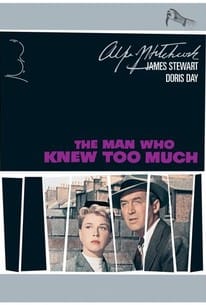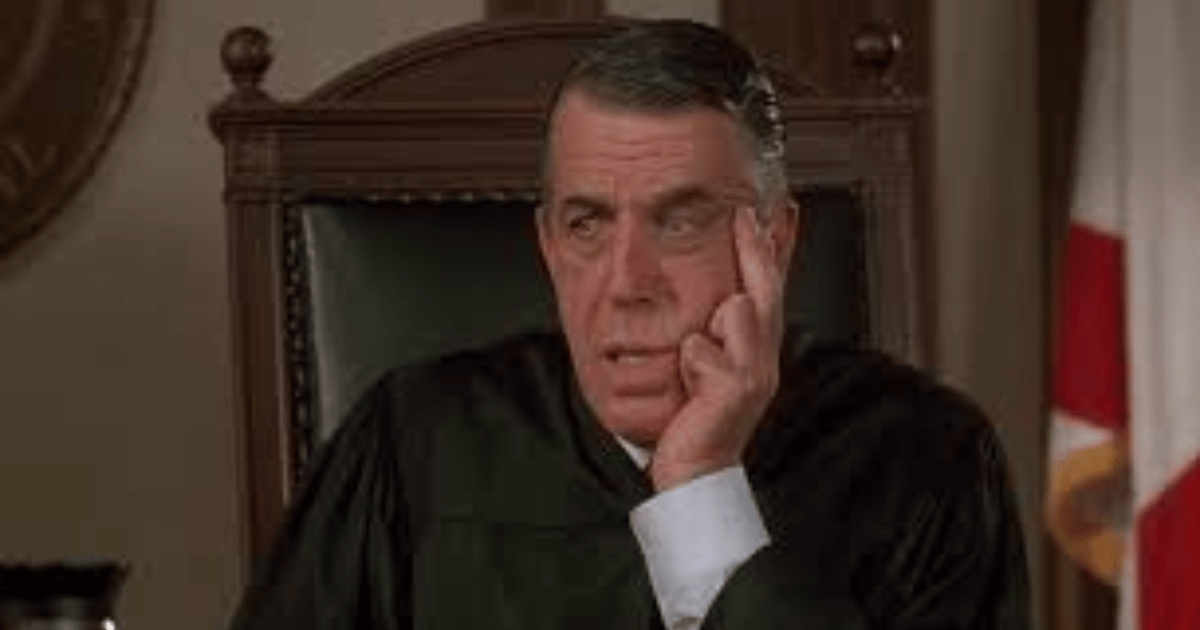- The Warrior Poet
- Posts
- The Man Who Knew Too Much
The Man Who Knew Too Much
Have fewer opinions. Get more done.

⚙️ Systems Thinking
Often less is more.
At least with swimsuits.
In that spirit, let’s explore a simple truth:
Having opinions is costly.
We constantly scan the environment and make snap judgments. These judgments helped our ancestors survive and thrive.
When we receive a stimulus, we instantly assess what to do.
Like a caveman, we:
Feed
Fight
Flee
F— (you know.)
These prehistoric parts of our brain are responsible for making these assessments:
Amygdala — Fear and emotional memory
Basal ganglia — Habit loops and auto-pilot
Hypothalamus — Basic drives (hunger, sex, aggression)
Brain stem — Instinctive survival reflexes
They don’t ponder. They act.
Nobel-Prize winning psychologist Daniel Kahnemann and his partner-in-crime Amos Tversky called these collectively “System 1.” This is in contrast to the more deliberate, methodical parts of the brain. They called these collectively “System 2.”
In nature, most judgments needed to be lightning fast. So, System 1 leverages rules of thumb (“heuristics”).
Kahnemann nails the cost of letting this fast system make judgments, especially in the modern world:
“Heuristics are judgmental shortcuts that generally get us where we need to go—and quickly—but at the cost of occasionally sending us off course.”
In other words, System 1 often makes the wrong calls. Kahnemann’s book Thinking, Fast And Slow can help you optimize the use of System 1 vs. System 2 to make better decisions.
🌊 The Great Flood
But Kahnemann’s Nobel-worthy topic is only half the problem – maybe less.
These systems don’t only make decisions. They also crank out opinions.
About.
Everything.
Imagine you’re a writer – like yours truly. And you’re avoiding getting this week’s newsletter done. So you decide some caffeine will help. ☕️
🚴♀️ You walk, drive, or unicycle over to your local coffee shop.
This is a just a sampling of thoughts that occur to you during this 20-minute endeavor:
“This car is hot!”
“This AC isn’t cold enough.”
“And it’s too loud.”
“Why does Spotify think I like depressing stuff now?”
“What even is ‘cyber gaming hopeless corecore’ anyway?”
“Look at that. Someone put ‘Israel’ on that stop sign. Omg they’re evil.
Also, it’s vandalism.
Someone should arrest them.”“What’s up with everyone needing to back into parking spaces now? Spend an extra 10 seconds now, and hold everyone up - so you can save 10 seconds later!!! Bro – Reid Hoffman should have you on Masters of Scale.”
“I like that barista’s nose ring.”
“But what’s up with that tattoo?”
“Man this guy in front of me is taking forever….”
“Forever!!!!”
“Nice skort. But I’d get it in a different color. If I were a girl. Which I’m not. But if I were.”
“Scones. What’s the deal with scones?”
“They even have a stupid name.”
“Skones. Seems Norwegian. I dig it.”
“Geez, they’re playing that one Rush song I despise in here. Once a year is too much.”
“All other Rush songs are just at Defcon 4: hate level.”
“That guy’s got a MAGA hat. He’s happy. What’s he happy about? Did I miss some news?”
“Did Trump mandate that all MAGA hats should have senile shapes?”
“Lattes are getting expensive.”
“Everything’s getting expensive.”
“Scupcakes. It’s a scone and a cupcake. Or is that just a muffin?”
Note that most of the questions aren’t asking for an answer.
They’re opinions in disguise. 🤔
🧪Here’s a litmus test: If you could frame the question as “What’s the deal with ____?”, then you’re not actually being curious.
And sometimes ideas are just reactions based on strong opinions.
💸 Opinions Have a Cost
This deluge of opinions results in:
❌ Social cost – arguing, trying to convince others
❌ Poor decisions – by overweighting marginal inputs
❌ Stress, anger – caring about things you can’t control
❌ Time wasted – brainpower, sleeplessness, distraction
❌ Negativity – about self, business opportunities, mates
❌ Incomplete answers – failure to learn because you don’t allow new evidence to be introduced
❌ Loss of leadership capital – talking too much in meetings, squashing new ideas, showing others that you are always “right”
If you can let go of your need to judge
↳ everything
↳ everywhere
↳ all at once
…you’ll be happier, wiser, and more successful.
🧰 Use the OPEN framework:
O – Observe: See that you are judging.
P – Pause: Shift your focus. Move. Give yourself grace. Then let go.
E – Exhale: Breathe deeply.
N – Notice: Take note of how you feel. This will help make non-judging rewarding.
“Not needing to have an opinion on everything is a form of spiritual and emotional maturity.”
Real inclusion starts with a more OPEN mind.
You’ll be lighter.
People will feel it.
And follow.
❤️ Andrew
🔖 Coda
TIL Alfred Hitchcock’s 1956 film The Man Who Knew Too Much starring Jimmy Stewart and Doris Day was actually a remake of his own film.
It scores a very respectable 89% on the Tomatometer.

Also, if you think doing a Jimmy Stewart impression as fun as I do, then Conan’s podcast episode with longtime SNL comedian Dana Carvey will be one of the funniest things you listen to.
Ever 🤣
🎵 Outro
“Life doesn’t need a soundtrack. Life is a soundtrack.”
Whatever genre Crystal Castles is, I’m here for it.
Knights by Crystal Castles
Cheers
🧠 Let’s talk: Want to encourage your team to be more open-minded? Grab a free slot to meet with me, and let’s change that. 💥 🙌
📥 Did someone forward this to you? Make sure to join to receive elite leadership tips directly to your inbox.
🔎 Find me on LinkedIn.
🎧 Podcast: Spotify | Apple
🌐 People tell me my website has some cool stuff on there.
👉 Let me know how I did: [email protected]
I’d love to hear from you.

Perhaps the best judge ever: Herman Munster acting in ’My Cousin Vinny’
